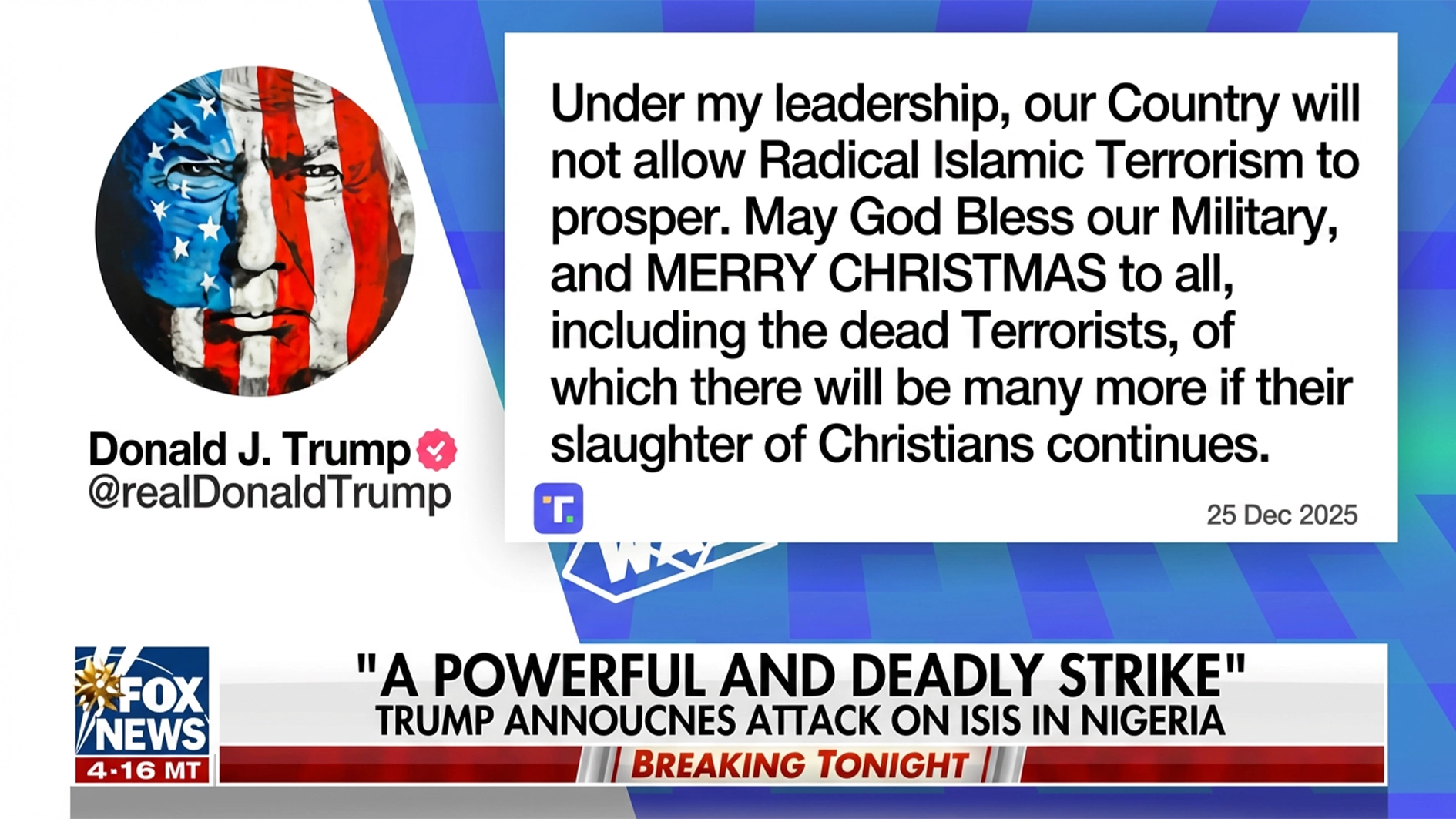Many Nigerians are scrambling to download VPNs after the country’s authorities blocked access to Twitter on Saturday.
VPN means virtual private network. It encrypts your internet traffic and identity, making it difficult for you to be traced by third parties.
With VPN, Twitter users can bypass the blockade and then use the app. But VPNs present dangers of their own.
So before you download any VPN app on your phones, here are the things you should be aware of.
Still at risk
That you use VPN does not mean that you are incognito on the internet. VPNs only protect your IP and encrypt your internet history. They, however, do not protect you if you visit a phishing website or download compromised files.
“When you use a VPN, you are still at risk of trojans, bots, malware, spyware, viruses,” Kaspersky said in a blog post on its website. “If any of these were to make it onto your system, they would be able to damage the device regardless of whether you were running a VPN.”
A 2016 research by the ICSI Networking and Security Group found that 38% of the 283 Android VPNs studied contained some form of malware presence. Therefore, a VPN application may not always be safe when using free tools.
Go paid or go home
Many cybersecurity experts believe the free versions of VPNs are loaded with dangers. Paid versions are believed to have limited danger.
“f a VPN service doesn’t charge its customers, the company has to bring in revenue from somewhere else,” wrote John Anthony of Addictive Tips. “The most common source is selling user information the VPN promised to protect. If you aren’t paying for the service, you’re not the customer, you’re the product.”
Data vulnerability
While you’re safe from the intruding eyes of the authorities, your data may not be totally safe from those of the VPN service providers. Such data could be tracked, collected and leaked or sold especially if you are using a free version of a VPN, an Indonesian cybersecurity analyst Alfons Tanujaya said.
Slower speed
Because your internet traffic and identity have to be encrypted, your internet speed becomes slower by as much as 25% in some cases. Sometimes, service providers deliberately slow down the speed of your connection and promise improvement if you subscribe to paid plans.
“Even free VPN options from reputable vendors will provide a slower internet connection than available through their paid-for options,” Fortinet, a California-based cybersecurity company said. They will also prioritize internet speeds for their paying customers, which can further slow down their free services.
[ad unit=2]






